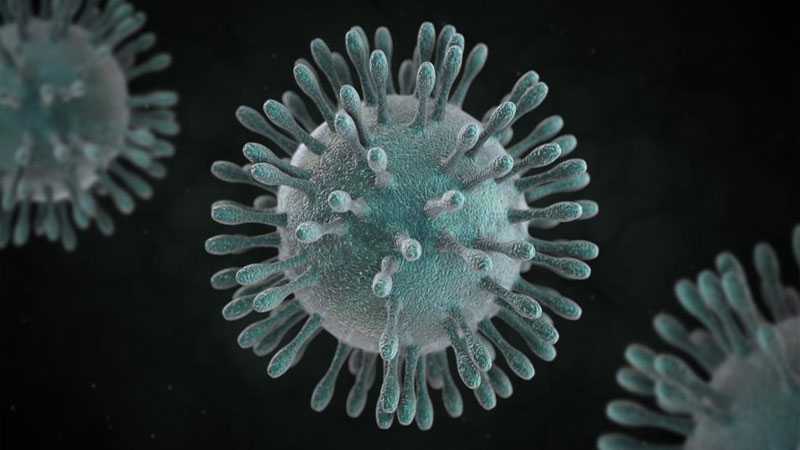Temperature, humidity reduce coronavirus transmitting: Study
18 March, 2020

Temperature and humidity can decrease the transmission of the novel coronavirus or COVID-19, which has so far influenced 162 countries and territories including Bangladesh, according to a fresh study Chinese researchers.
Jingyuan Wang, Kai Feng and Weifeng Lv from the institution of Computer Research and Engineering at Beihang University and Ke Tang from the institution of Community Sciences at Tsinghua University, jointly conducted the research from January 21 to 23.
They said their finding is regular with the actual fact that high temperatures and high humidity drastically decrease the transmission of influenza.
“It indicates that the arrival of summer months and rainy season in the northern hemisphere may effectively reduce the transmitting of the COVID-19,” they wrote in the 19-page research that appeared online about March 10 and was first later revised again about March 14.
Immediately after estimating the serial interval of COVID-19 from 105 pairs of the virus carriers and the infected, researchers calculated the daily effective reproductive number, R, for every single of most 100 Chinese cities with an increase of than 40 cases.
Using R values when proxies of non-intervened transmission intensity, researchers found that within a linear regression framework, high temperature and excessive relative humidity significantly reduce the transmission of COVID-19.
The study also implies that one degree Celsius increase in temperature and one percent increase in relative humidity lower R by 0.0383 and 0.0224, respectively.
Meanwhile, a German virologist, an Indian infectious disease professional, an epidemiology expert of Johns Hopkins University, and a pathology professor of the University of Hong Kong as well mentioned about natural loss of coronavirus transmission because of temperature, humidity, and sunlight.
Thomas Pietschmann, a good virologist from Germany's Center for Experimental and Clinical An infection Exploration, said coronavirus is "not so heat-resistant, which signifies that it quickly breaks down when temperatures rise", reports Deutsche Welle.
Chennai-based mostly Dr. Abdul Ghafur said heat and humidity in India "could possibly be one of the factors" why coronavirus is not spreading faster, as weather limits the virus from vacationing "longer or quicker", reports Al Jazeera.
Dr. Stefan Baral, an epidemiology professional at Johns Hopkins University, said he expects "an all natural decrease" of the condition as the US moves into warmer weather, in line with the Boston Herald.
AccuWeather, the US-based forecaster, quoted Dr. John Nicholls, a pathology professor at the University of Hong Kong, as declaring that we now have three things coronavirus will not like: Sunlight, Temperature, and Humidity.
"Sunlight will slice the virus's capability to grow in 50 percent, therefore the half-life will be 2.five minutes, and in the dark, it's about 13 to 20 [minutes]. Sunlight is very good at killing infections," Nicholls said.
Coronavirus or COVID-19 pandemic claimed 7,164 lives globally by Tuesday. The condition has so far infected 182,550 people all over the world, according to worldometer.
Bangladesh has up to now confirmed eight circumstances. Four of the patients had come from Europe. The country announced the detection of three different patients, including two children, on Monday and confirmed that the virus possesses started transmitting locally.
Source: www.theindependentbd.com
TAG(s):
